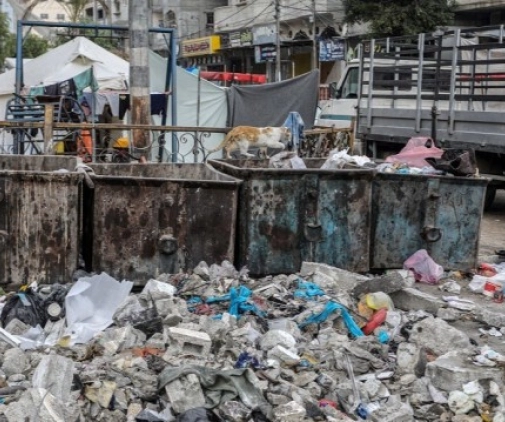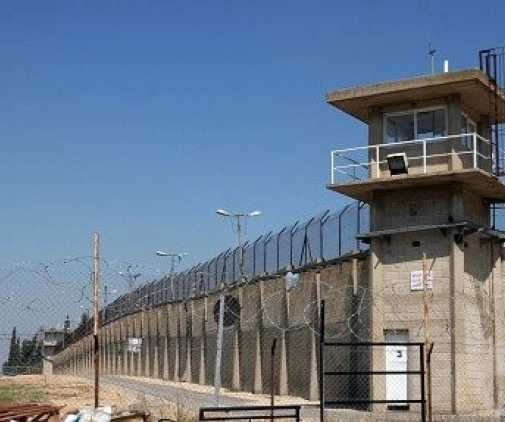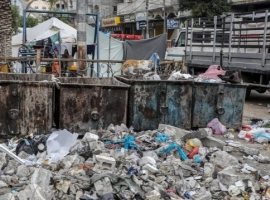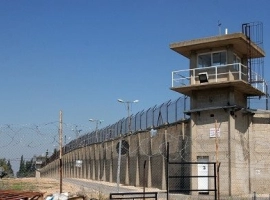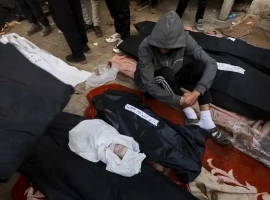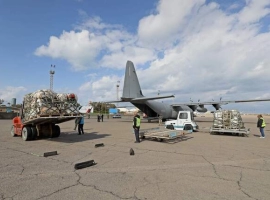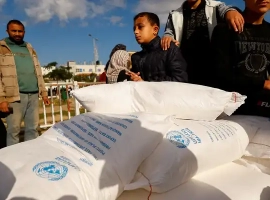
The United Nations calls on the occupation to stop supporting settler attacks in the West Bank
The United Nations expressed, on Tuesday, its deep...
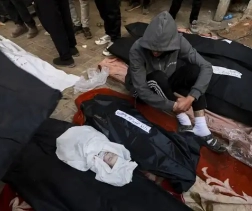
For the 193rd day... martyrs and wounded in the ongoing Israeli war on the Gaza Strip
injured last night, dawn and Tuesday morning...
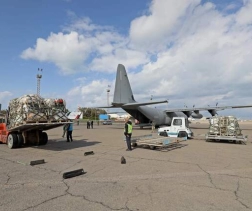
The World Health Organization calls for urgent humanitarian aid to Gaza
The Executive Board of the World Health Organizati...

"Health": 17,975 martyrs and more than 51 thousand wounded since the start of the aggression on Gaza and the West Bank.
The Ministry of Health announced that the number o...
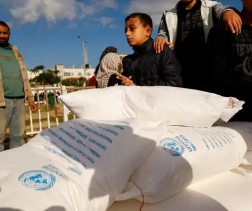
UNRWA Commissioner: The agency is on the verge of collapse in the Gaza Strip
The Commissioner-General of the United Nations Rel...

Red Crescent: Israel targets ambulances and abuses a paramedic in Gaza
The Palestinian Red Crescent Society said on Sunda...
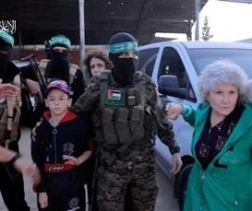
Al-Qassam hands over 13 prisoners and 4 foreigners to the Red Cross
The Islamic Resistance Movement Hamas announced th...

The occupation releases 39 detainees, including 6 women and 33 children
Tonight, the Israeli occupation released 39 detain...
Last News
New
- 2024-04-16 Ben Gvir forms a team to pursue activists who support Palestine
- 2024-04-16 The "government journalist" warns of an "unprecedented" environmental and health disaster in the northern Gaza Strip
- 2024-04-16 Among them is a prisoner from Gaza who is being tortured. 78 Palestinian female detainees face death daily in “Damoun” prison.
- 2024-04-16 The United Nations calls on the occupation to stop supporting settler attacks in the West Bank
- 2024-04-16 For the 193rd day... martyrs and wounded in the ongoing Israeli war on the Gaza Strip

